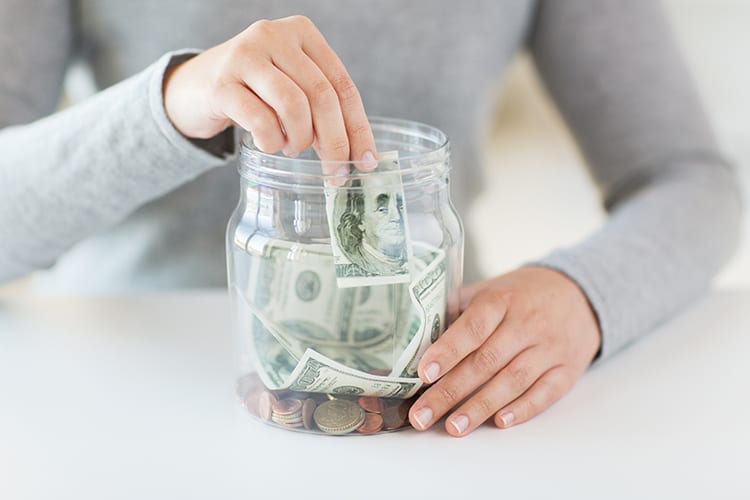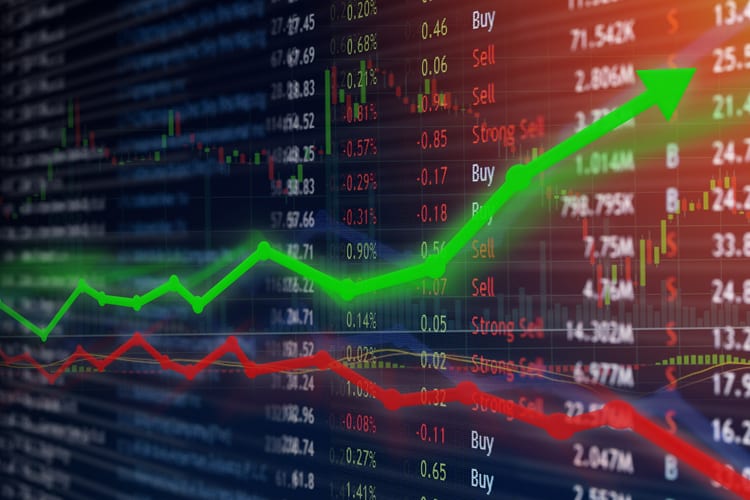What Is a Money Market Account?

You know all about checking accounts and savings accounts. But you may not be as familiar with another common type of bank account: the money market account. Blending checking and savings features to offer unique benefits, it could be a good match for your financial goals.
What Is a Money Market Account?
Think of a money market account as a hybrid between your checking and savings accounts. Like the former, it’s a ready source of cash, giving you the ability to write checks on it (albeit a limited number per month). Like the latter, it generates significant interest on the funds it contains.
If you are looking for a low-risk way to accrue extra interest on your money without locking it away in a rigid investment for a decade, a money market account could make sense for you.
Pros
More than anything else, a money market account offers the benefit of a higher interest rate than most bank savings accounts or checking accounts. As long as you meet the minimum balance requirements, your account could earn you up to 2% interest. Online banks usually offer higher rates than brick-and-mortar institutions.
You can also rest assured that money market accounts are insured by the FDIC (or, if you’re using a credit union, by the NCUA) for up to $250,000 per depositor. Even if your bank somehow goes under, you’re guaranteed to get your money back up to that amount.
These accounts are pretty liquid, too. The money can be transferred or withdrawn whenever you want.
The final perk is the ability to write up to six checks per month from your account. It might not sound like much, but this makes a money market account the perfect place to accumulate savings for your emergency fund, tax payments, or even a future vacation.
Cons
Of course, no account is perfect. Money market accounts do have some drawbacks.
First and foremost: They require you to keep a substantial amount in the account. $10,000 is a common minimum. For most average Americans, a minimum balance in the five figures can feel restrictive, if not impossible, to maintain. Most banks charge fees for dipping below the minimum balance, too—which can quickly wipe out your high-interest rate gains.
Even if you could maintain the minimum with no sweat, you may consider it a drawback to only receive six check or debit payments from your money market account each month. Most banks charge $10 or $15 per transaction above those six. If you anticipate using your money market account for frequent purchases, it may not be a profitable choice.
Especially since these accounts are exactly world-beaters, interest-wise. Yes, they pay better than other bank accounts, but their returns are less than those offered by other investment vehicles, like money market mutual funds. The interest they earn is taxable each year, too.
The Bottom Line
In the end, an account offers those most valuable benefits if you want to save money—or just park a considerable amount of cash for a while—and secure a competitive interest rate without incurring any risk. If you tend to keep a high balance in your checking account but don’t want to lock up funds in long-term CDs and IRAs, a money market account could be a great solution.
Read about micro-investing and how to get started with our complete guide: Micro-Investing: What It Is, Why It’s for You and How to Start.










